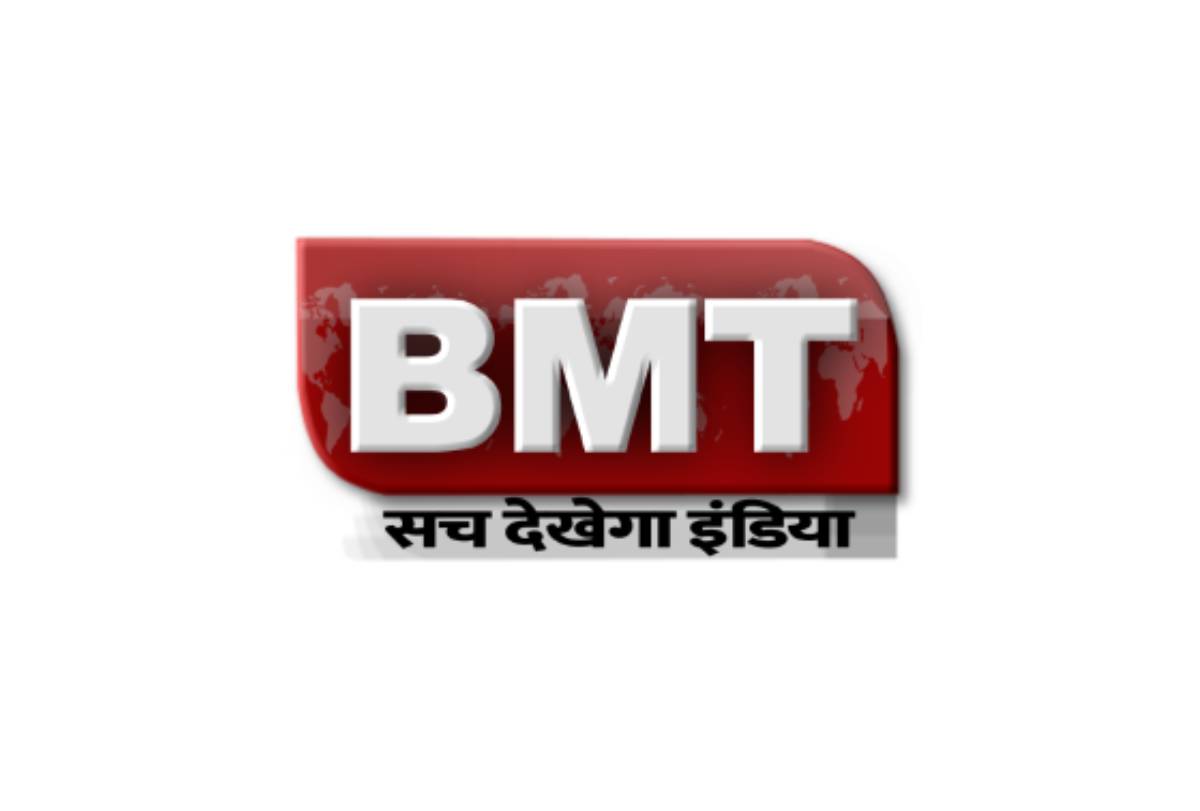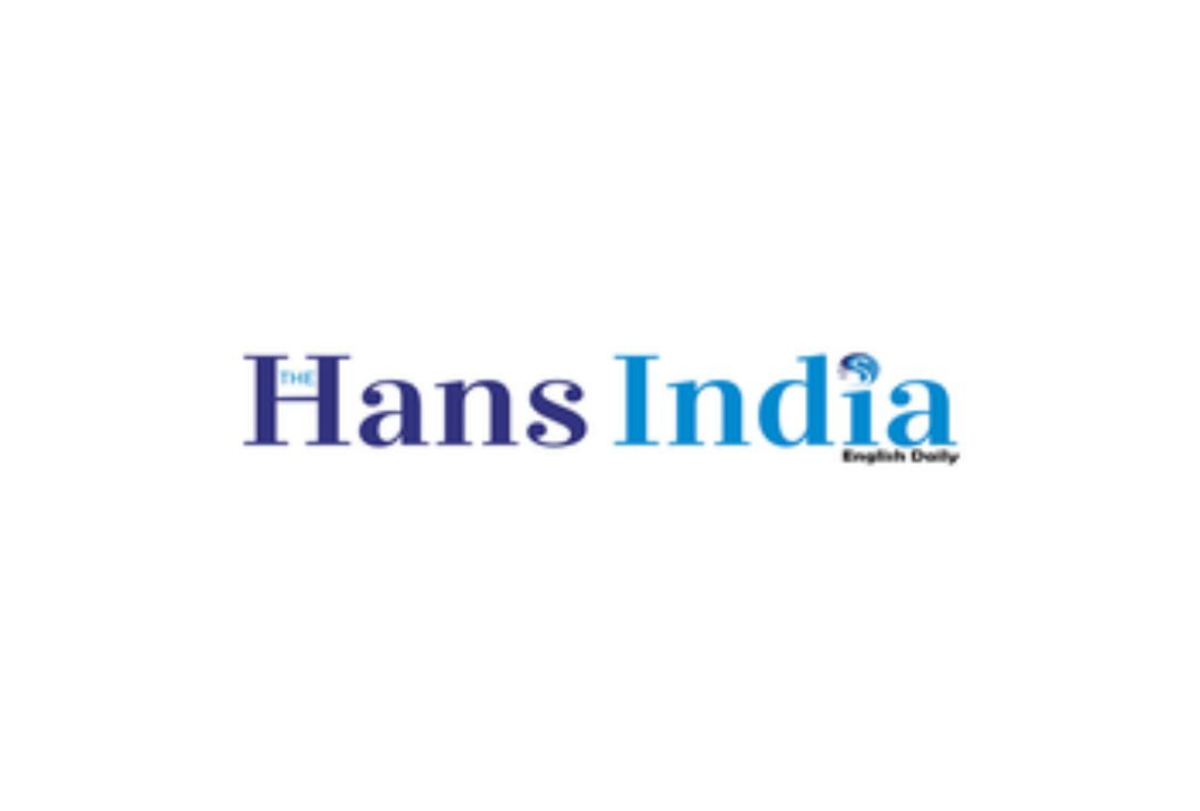1. How COVID-19 is affecting the globe
Confirmed cases of COVID-19 have passed 242 million globally, according to Johns Hopkins University. The number of confirmed deaths stands at more than 4.92 million. More than 6.72 billion vaccination doses have been administered globally, according to Our World in Data.
New Zealand has reported a record daily rise in COVID19 cases for the second time in three days, with 102 new infections.
Britain’s health minister Sajid Javid has resisted calls from doctors for a return of restrictions, a so-called ‘Plan B’, but warned that could change if more people did not take up the offer of vaccination. The country reported 223 new deaths from COVID-19 on Tuesday, the highest daily figure since March, and cases are the highest in Europe.
It came as a descendant of the the Delta COVID-19 variant was being tested in the UK to assess the level of threat it poses. But it’s not yet considered a variant of concern, according to the BBC.
Ukraine has also reported a record daily rise in new COVID-19 cases and COVID-19-related deaths, with 22,415 new cases and 546 deaths.
The United States has now donated more than 200 million COVID-19 vaccine doses to more than 100 countries, the White House announced.
Japan’s Shionogi & Co Ltd has announced Phase II/III trials for its COVID-19 vaccine candidate.
France’s lower house of parliament voted to approve the extension of COVID-19 health pass measures until at least 31 July, 2022. The pass shows the holder is vaccinated against COVID-19, or has recently tested negative.
The Pan American Health Organization has called on countries to grant entry to vaccinated travellers regardless of which shot they received, to prevent discrimination and facilitate business.
Poland plans to make COVID-19 vaccine booster doses available to all adults over the next few weeks, Prime Minister Mateusz Morawiecki, said.
The Czech Republic is set to introduce new restrictions, due to the rise in COVID-19 cases.
The US Food and Drug Administration has approved booster doses of the COVID-19 vaccines from Moderna and Johnson & Johnson. It also said Americans could choose a different shot from their original inoculation for their booster.
The World Health Organization has warned that the COVID-19 pandemic will go on longer than necessary because of vaccine inequity. It means it could ‘easily drag deep into 2022’.





